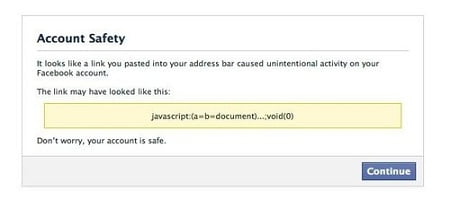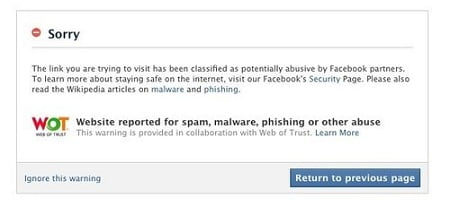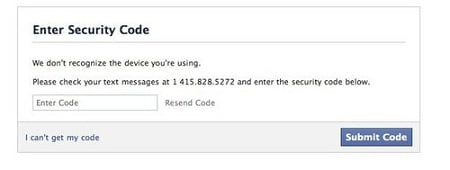Facebook is working within the company and with major Web browsers to plug the holes that allow malicious content in the site. Pay attention as these new tools can help you keep your profile safe and a little more spam-free.
Facebook’s new “Self-XSS Protection”
Clickjacking and tricking users into cutting and pasting malicious code into their address bars are the two big ways spam is spread around Facebook. Such spammers hide the codes in links and/or “Like” buttons associated with these message. We have already faced them – the video of that thing Justin Bieber did to that girl – was one of that kind.
Facebook’s new “Self-XSS Protection” is meant to prevent spam spread by users tricked into cutting and pasting malicious code into their address bars. According to the Facebook blog, “Now, when our systems detect that someone has pasted malicious code into the address bar, we will show a challenge to confirm that the person meant to do this as well as provide information on why it’s a bad idea.”

The message will look like this:
Facebook Partners With Web of Trust (WOT)
Facebook has partnered with Web of Trust, a “free safe surfing tool that tells you which websites you can trust based on the ratings supplied by other Web of Trust community members.”

Click a link that is rated spammy or suspected of malware, and expect to see this:
Facebook’s Login approvals – a Two Factor Authentication System
“Login approvals is a Two Factor Authentication system that requires you to enter a code we send to your mobile phone via text message whenever you log into Facebook from a new or unrecognized computer. Once you have entered this security code, you’ll have the option to save the device to your account so that you don’t see this challenge on future logins,” Facebook engineering “intern” Andrew Song said in a blog post.
Login Approvals Message

The Login Approvals and notifications can be turned on by going to the Account Security section of the Facebook account settings page.
These new security features however cannot assure a seamless protection but to an extent. If you want to help prevent the spread of spam, make sure your friends know about these new tools, too.
Source:Facebook blog, msnblog


